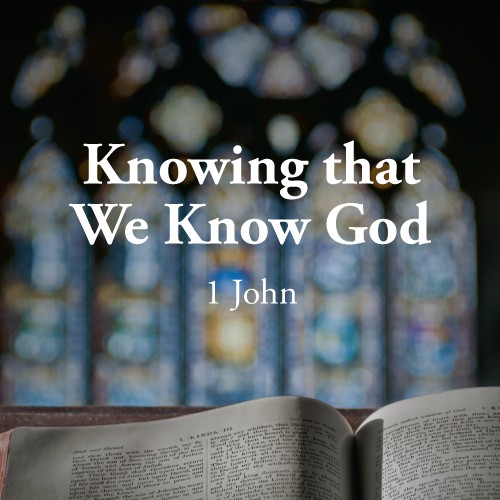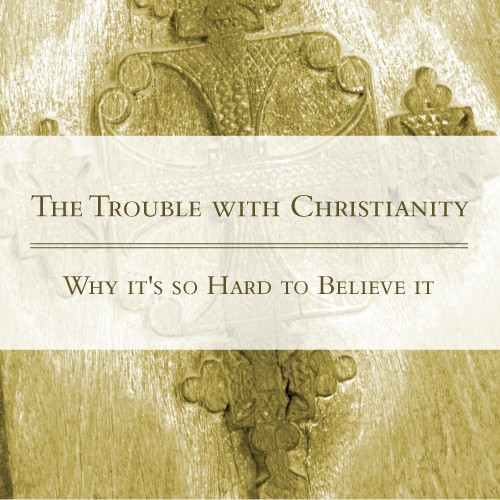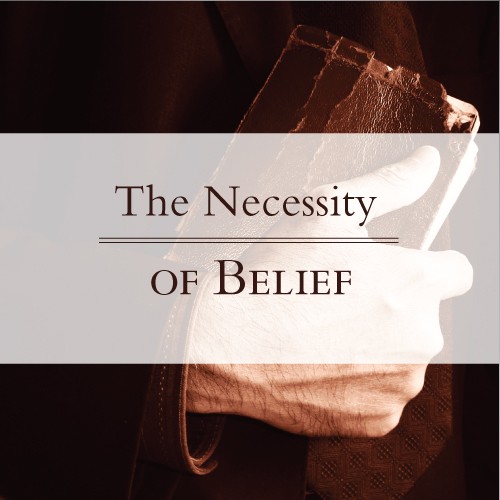
Enemy Within
Tim Keller | October 9, 1994
Outline
1 John 1:5–10
Having a bond with God, as explained in John’s first letter, means being deeply connected to His essence, not just having a basic belief or being good. Many find this hard to grasp because they don’t feel God’s presence in their lives, often due to feelings of confusion, hopelessness, harmful desires, and hurt. But the Bible recognizes this darkness and shows a way out in three steps: seeing, admitting, and trusting that God is light.
1. If you want to leave the darkness behind, you need to start with God
The main message of the gospel is that we need to put God first, not ourselves. It tells us that to truly understand ourselves and why we have problems, which often come from being self-absorbed and wanting to be on the same level as God, we need to know God first. The gospel invites us to shift our attention from our own needs and desires to God, understanding that the real purpose of life is found in something greater than just our personal experiences.
2. If you want to leave the darkness, you must not only start with God, but you need to start with God as he shows himself
Developing a personal connection with God and getting out of spiritual darkness requires us to start with how God shows Himself. It’s important to trust that God has spoken through apostles, prophets, and Jesus, and to accept the Bible as His truthful Word. Without this trust, one might only have a philosophical idea of God, not a personal connection, and they would still be stuck in spiritual darkness.
3. You not only need to start with God and His self-revelation, but you also need to start with a holy God
Grasping the gospel starts with recognizing God’s holiness, which is key to understanding His love. The gospel shows us our shortcomings, but also assures us that we’re saved through Christ’s sacrifice. A balanced view of God’s love and holiness helps us fully understand the value of this sacrifice and experience real joy.




